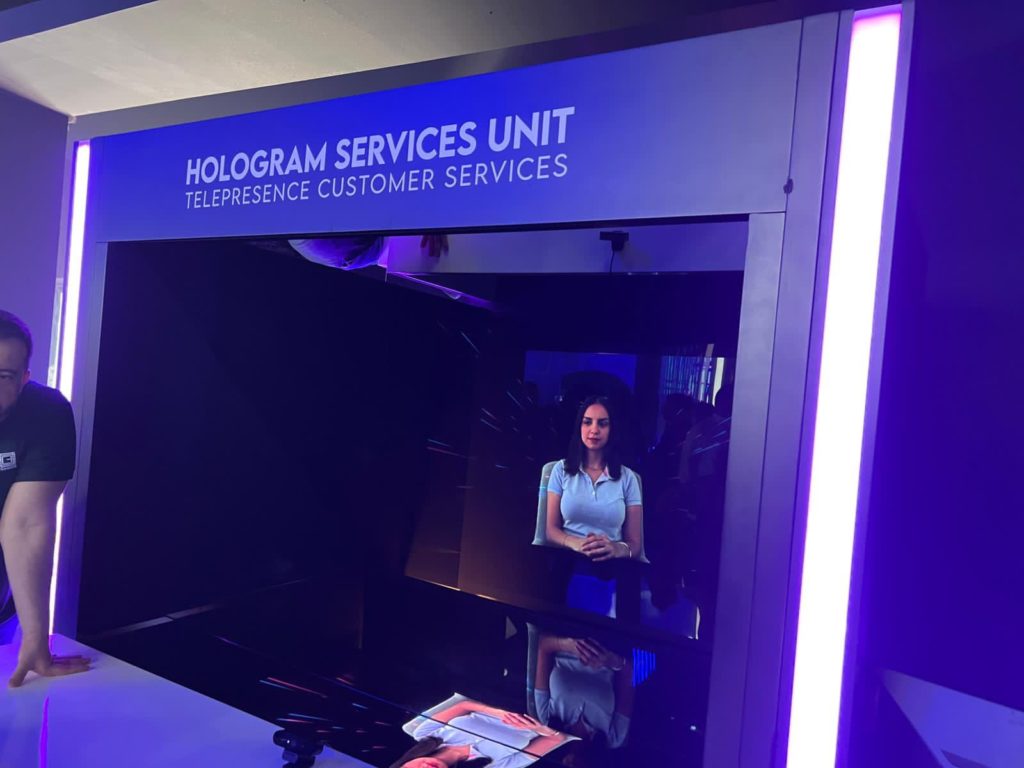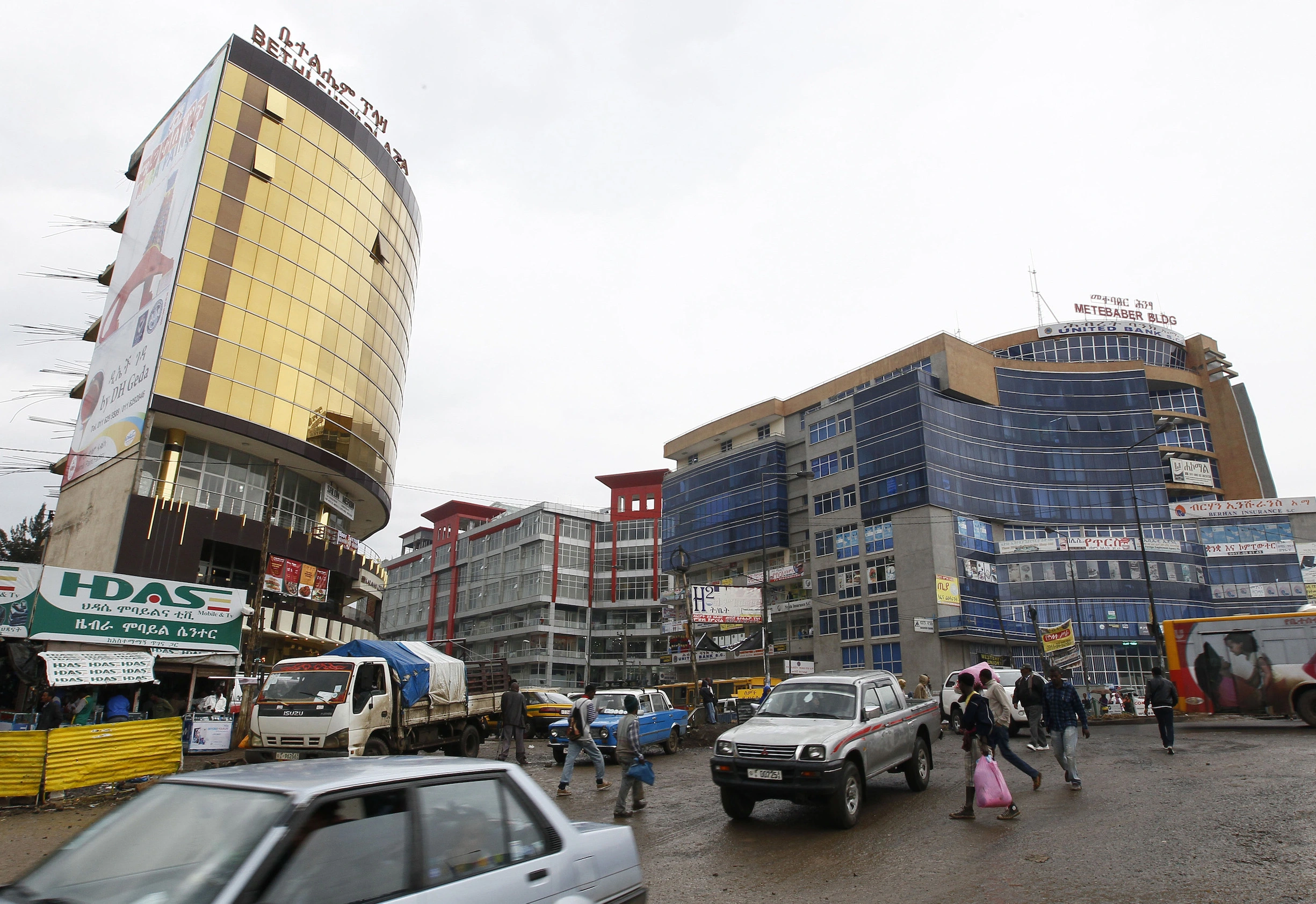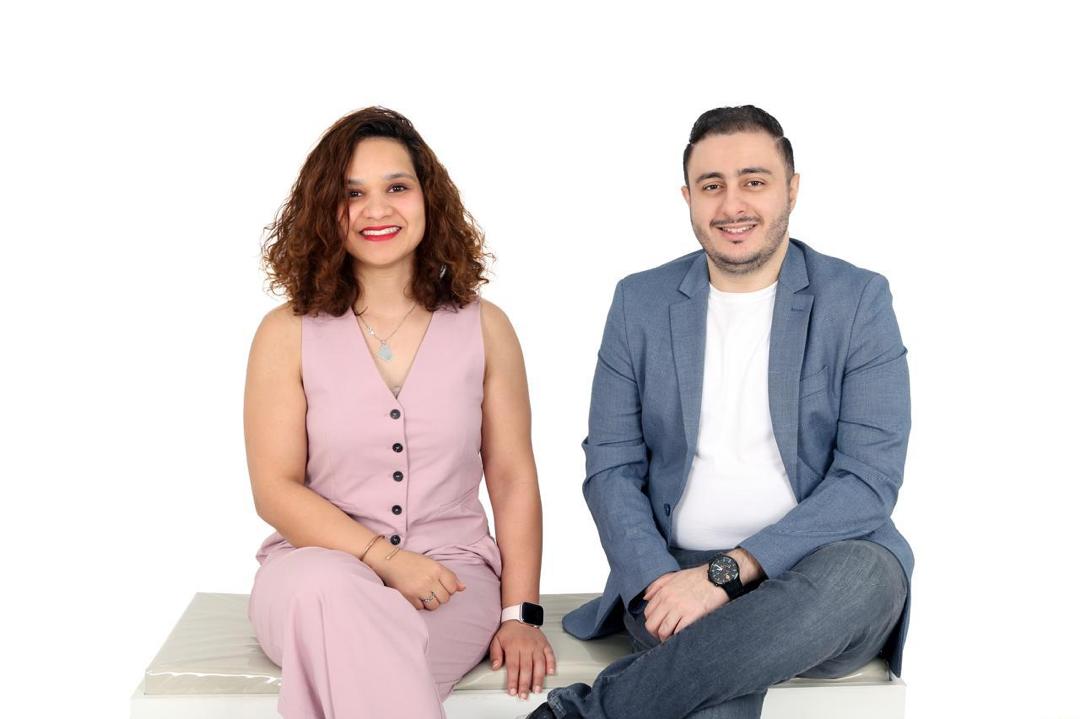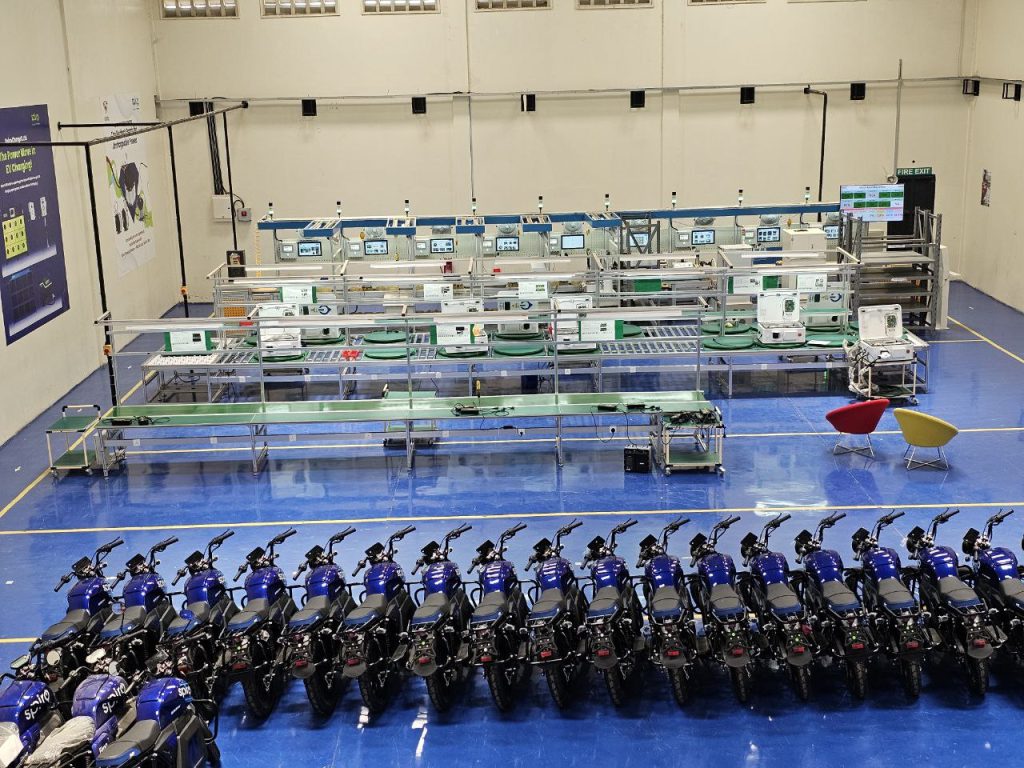The just concluded GITEX Dubai was a colourful display of a glimpse of the future, and those who are building it. From flying and self-controlling cars to digital cities, where everything is powered by artificial intelligence (AI), the internet, and digital currencies, it feels like the world has unlocked the next phase of the power of technology.
It was like a sci-fi movie when Sidi Saccoh, a Sierra-Leonean venture builder at the Dubai-based venture studio AstroLab who was also attending GITEX 2022 in Dubai, first showed me a video of a hologram customer service representative. The hologram—a lady—attends to people’s inquiries with precision. It was so human-like that when she was asked by one person in the audience if she would marry them, she blushed a little and giggled, exactly the same way most humans would in similar situations. That might turn out to be the most important way to commercialise the combination of artificial intelligence and the metaverse.
“They call it the future of customer services: that’s what these guys are building—the future of everything,” Saccoh, who has previously supported Seedstars’ investment effort in Africa, said. “Have you checked out African startups?” he asked me.
As expected, the product diversification between each country and continent was obvious—especially between African products and the rest of the world. The gap in technology maturation was huge, with a clear distinction in tech advancement: You couldn’t miss it even if you planned to. North Star, the segment of the event that focuses on startups, had done a good job making sure of that. A diverse number of African startups—about 100—were in the same room with those from Asia and Europe, giving me the opportunity to form a thesis of how far the African ecosystem has come and the gap it needs to cover to be, if not ahead, at par with the other regions.
African startups present are mostly building mobile and web apps to solve problems in agriculture, education, ecommerce, and the financial sector. Those from India, which is also referred to as an emerging market, are building cloud infrastructure for businesses, commercial robots, providing AI infrastructure, and software-as-a-service SaaS products. Same as those from France, a European country gradually earning its stripes in the tech world. A startup from Italy is building protein alternatives. While software (reads utility apps) is busy eating up the African ecosystem, the rest of the world is shifting towards deeptech, building artificial intelligence that processes trillions of gigs of data in seconds and would drive decision making in the future. Though there were only about 100 startups out of about 4,000 startups on the continent at the event, they mirrored the actual reality of the ecosystem.

Africa is currently building financial rails to onboard the 57% of its population that is unbanked, so it’s understandable why fintech is its biggest sector so far, and why there were quite a number of fintech startups at the event: some providing lending while others build software for banks or facilitate remittance. But in reality, while fintech has done (and is still doing) its best on and for the continent, pulling in the most investment and growing across and beyond the continent, which it must continue to do, it’s unlikely enough to deliver the world to Africa. No country or continent will rule the world on the merit of having the best and fastest remittance product. In fact, there’s no assurance that African startups will crack seamless cross-border and intra-border remittances in this decade, not because it lacks the tech or will, but because regulations, its own and elsewhere, work aggressively against its success.
So, what will deliver the world to Africa?
In the beginning of the year and recently, prior to my trip to Dubai, my only answer would have been blockchain because of its obvious prospect to liberate the continent. But besides crypto, which is serving as a remittance alternative for Africa’s feeble fiat systems, startups haven’t really done much to crack the commercial use case of blockchain. There are a few companies trying to crack open the commercial advantage of the novel decentralised technology: Afronation, though controversial, says it’s building a blockchain-powered nation; Afya Rekod, a Kenyan healthtech startup, was built on the blockchain technology. Afya Rekod’s CEO John Kamara told TechCabal during the event that utility keeps one on the consumer side, so “we need to build deep tech that handles global problems to be the maker and not just users.”
Kamara said while he knows that African tech is still doing more of platforming and less of exportable tech infrastructure, the end goal for his company is to be the google of healthcare in the world. “And to do that we must build the smartest AI that can predict outbreaks days and months before they occur,” he added. Combining deep AI and blockchain to build a healthcare powerhouse is quite visionary, the kind of ambitious vision Africa needs to catch up quickly. A couple of recent reports say the biggest investors have now started dumping web3 for AI and Machine Learning (ML). It’s too early to call this a trend yet, but we will keep a close eye on the market.
In a chat with Karim Beguir, the co-founder and CEO of Instadeep, a Tunisian AI startup, he said confidently that AI is more disruptive than anything else at the moment, even more so than the internet. “Artificial intelligence will drive decision making and will soon determine the next most powerful government and economy,” he said. Beguir is right: from robots that can automatically recite your bio-information merely by face-identifying you, to self-controlling automobiles, to disease outbreak prediction, AI has a crucial part to play in the future of the human race and those who build it now will be the power brokers of the future. So far, Beguir’s startup has contributed to solving hard-hitting global problems including building an early warning system that analyses worldwide available sequencing data and predicts high-risk variants of SARS-CoV-2. Instadeep is also one of the—if not the only—few African companies not offering financial services that have raised mega funding of $100 million. Don’t we need more of this?
Africa may not build flying cars or self-controlled vehicles or the next big thing in the metaverse, but it must be aware that being the fintech poster child of the world isn’t enough. It must now start looking into venturing actively into deeptech: AI and blockchain, the two technologies that have shown us a glimpse of the future. The French startups were big on futuristic tech, and everybody witnessed that including the young Dubai minister of digital economy, Omar Sultan Al Olama, so much so that he granted all the French founders exhibiting golden visas. That’s the vision it takes to build a futuristic digital utopia like Dubai: identify values and, capture, seize, entice them—whatever you do just make sure they are on your side. The 32-year-old minister knows this theory and African leaders—private and public—should too.
Africa has experienced a steady growth in its technology and innovation effort. But according to Saccoh, “steady shouldn’t mean slow.” Powered by a young population and increasing internet penetration, Africa might be ripe to not only survive but thrive and take a front seat in one of the two technologies driving the world to the future. African has the talent bandwidth to build the next Google or Facebook, having in mind that, besides the willingness to build, which Africa has ample of, these two trillion-dollar businesses were kickstarted with $100,000 and $500,000 investments respectively.
There is a long gap to cover and to do so, Africa must keep a global product perspective. Building for the continent is great, but it is just the beginning of a journey. Until its ecosystem begins to build tech that not only operates seamlessly both intra- and international but also competes on the highest scale, the continent is most likely going to be stuck at this beginning—the early stage where its total funding will keep oscillating between four to five billion dollars.




















